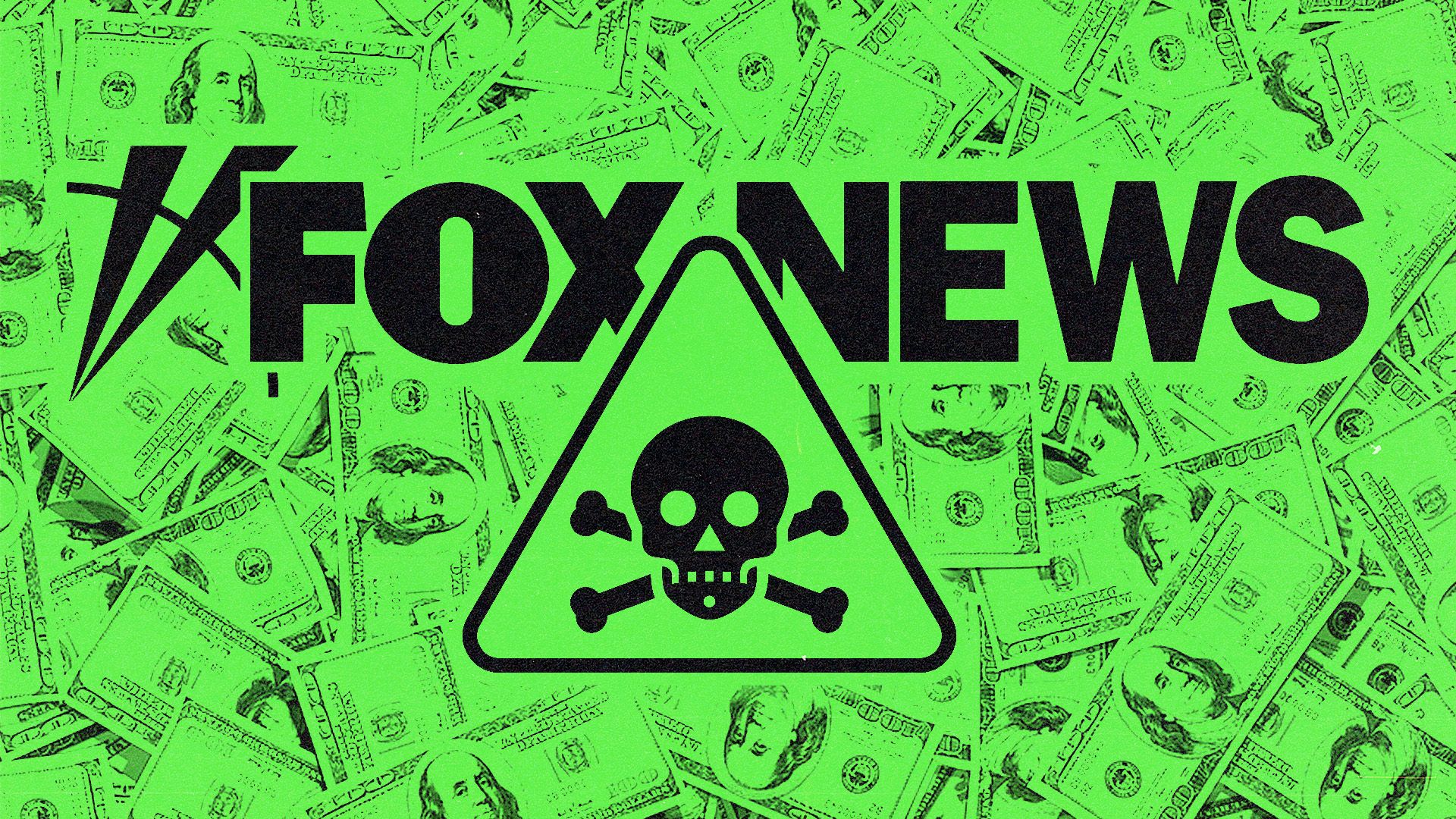By Brian Daitzman
For a man whose empire spans continents, Rupert Murdoch’s real legacy may be less the reach of his influence than the harm it has inflicted. In the relentless pursuit of wealth, he left a trail of misinformation and division that has reshaped democracies and endangered lives. This is the story of one man’s obsession with “the green”—and the cost the world has paid for it.
Rupert Murdoch, now 93, has left a global legacy of damage driven by his obsession with hoarding money—something that cannot be eaten, worn, used as shelter, or taken as medicine. For Murdoch, our modern Scrooge, this wealth obsession justified promoting the Iraq War, which many argued lacked legitimate legal grounds, and spreading misinformation about a deadly virus and its vaccine—all while securing his place at the front of the vaccination line. As he admitted, under questioning from Smartmatic attorneys, he cares only about “the green.”
Self-interest, often the root of moral failure, defines the man. Murdoch’s willingness to fuel wars based on questionable premises and to mislead the public on health matters during a global pandemic marks him among the era’s most morally troubling figures. He has, in a sense, been complicit in the deaths of thousands of Americans who took at face value the disinformation his network intentionally and knowingly broadcasted.
How do we know this? Murdoch himself rushed to get vaccinated, and while Fox did not require vaccinations for all employees, it implemented strict COVID protocols, including testing and mask mandates for unvaccinated employees.
Yet, hosts like Sean Hannity, Tucker Carlson, and Laura Ingraham cast doubts on public health measures, leaving their audience—deeply embedded in Fox’s alternative reality and the broader conservative media landscape—vulnerable.
Fox had conditioned viewers to distrust all others, creating a dependency that proved deadly. Many in this audience, older on average and more susceptible to cognitive decline and chronic illness, were particularly vulnerable to the illusory truth effect: the more something is repeated, the truer it seems.
Without Rupert Murdoch’s influence, Donald Trump’s impact might never have reached such heights. Fox News, in acting as the GOP’s primary mouthpiece, helped sustain reactionary ideas that hindered the United States from progressing toward a more representative democracy. Movements like the Tea Party and MAGA may never have gained traction, and significant events—including the Iraq War and Trump’s presidency—might have unfolded differently.
While this may seem speculative, studies indicate that Fox News’ support of George W. Bush in the 2000 election provided critical backing in a tightly contested race, likely contributing to his victory. Without Bush in office, it’s widely speculated that a President Al Gore might have responded differently to Iraq—a decision that many believe set the stage for lasting global consequences. Former White House counterterrorism advisor Richard Clarke even likened the Iraq invasion to “attacking Mexico after Pearl Harbor.” Without the Iraq War, the conditions that led to the rise of ISIS might not have materialized, sparing Iraq from years of violence and instability. Estimates suggest that hundreds of thousands, possibly up to a million, Iraqi lives were lost as a result of the 2003 invasion and subsequent occupation.
Murdoch’s legacy is one of deep and lasting impact, a shadow that has permeated the cultural and political foundations of modern democracies. Beyond direct political influence, Murdoch’s empire crafted a distinct brand of conservative media, one that shaped public opinion in ways traditional outlets hadn’t. His tabloids in the U.K., for instance, mastered sensational headlines that became the hallmark of his media strategy worldwide. With great power comes great responsibility, yet for Murdoch, responsibility was always secondary. His business practices and decisions reveal a primary focus on profit—in his own words, caring only about “the green.”






